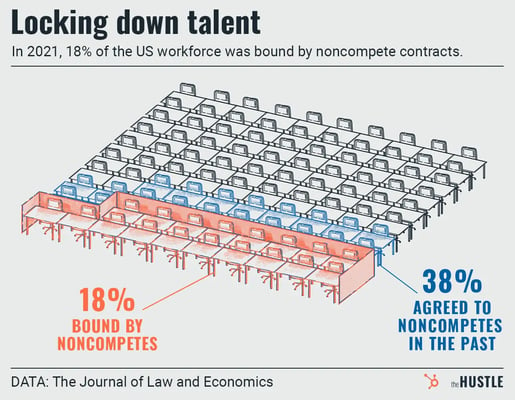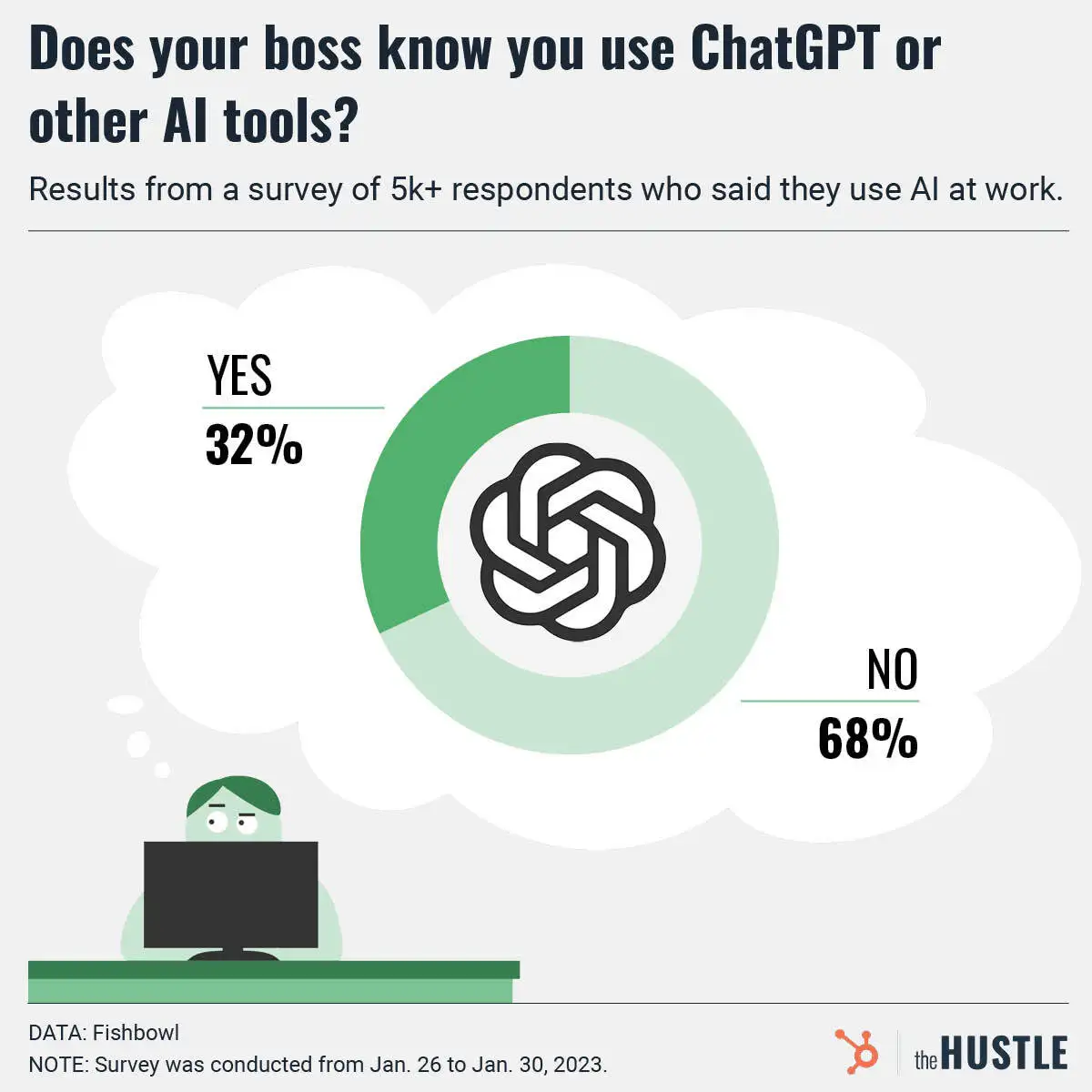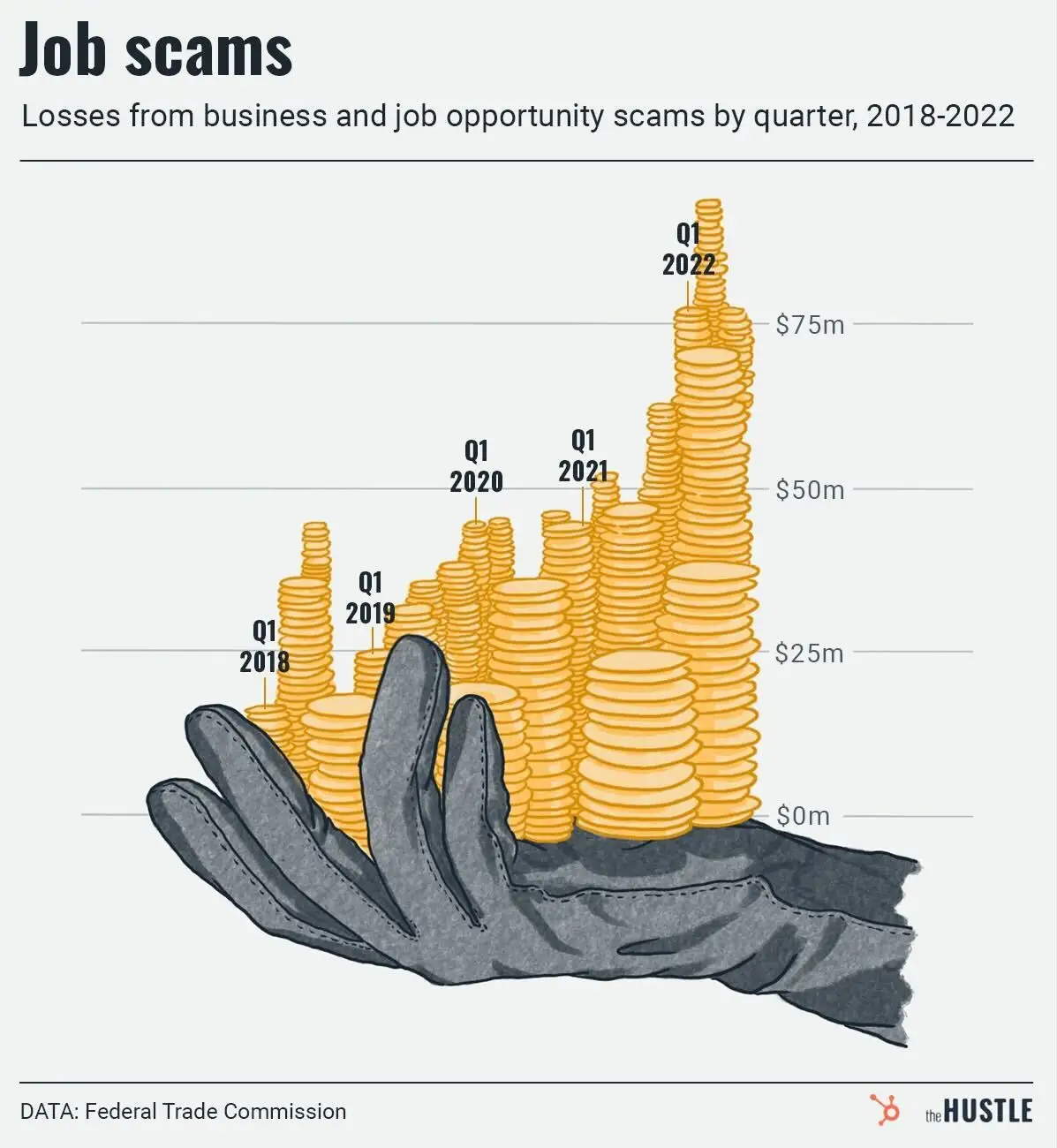Us Americans, we might not always seem united, but there sure are things that unite us.

Among them: noncompetes, nonsolicitations, and other workplace agreements that limit when and where you can work if you leave a company.
For employees, these agreements put the “fun” in “fundamentally annoying to deal with,” because they can help bosses maintain control over not just your current job, but also your next.
Designed to hedge against high-level execs in possession of trade secrets, today these contracts are found across all levels and positions, and, in many instances, are illogical and unnecessary.
Why are they in the news?
In January, the Federal Trade Commission proposed a law banning nearly all noncompetes, arguing they undermine competition by restricting job mobility, technological development, market efficiency, and wage growth.
- The US Chamber of Commerce — which is not a government agency — clapped back with an oxymoron, saying noncompetes actually foster competition by “protecting investments in research and development, promoting workforce training, and reducing free-riding.”
In May, Minnesota became the fourth state to ban post-employment noncompetes, and the National Labor Relations Board’s general counsel came out saying overbroad noncompetes violate the National Labor Relations Act.
The bottom line? According to the FTC, a ban would potentially open up career mobility for ~30m Americans — and increase wages by up to $296B annually.










